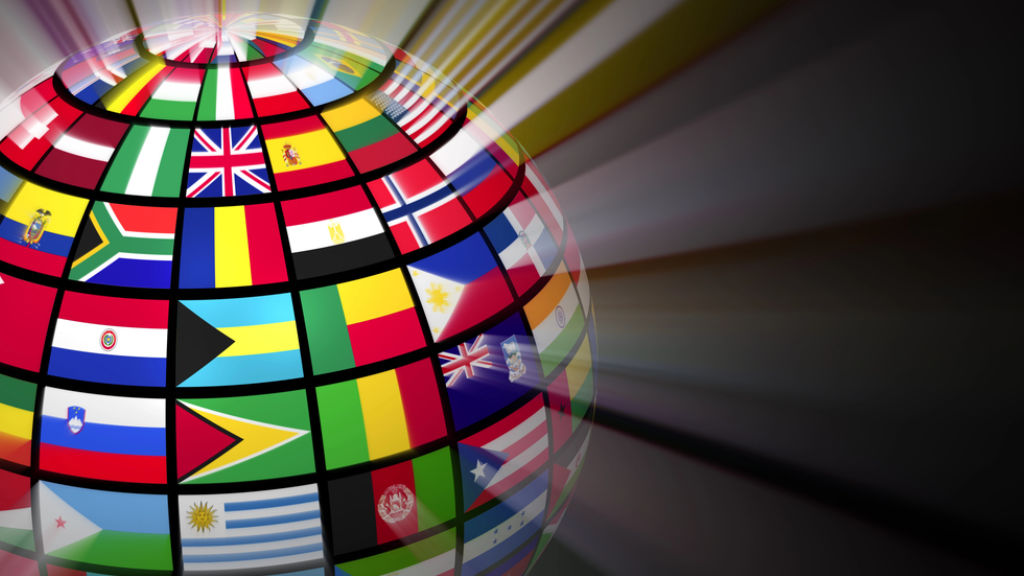The Russian government is to put into place a more assertive approach in promoting its national concerns and development agenda within multiple international organizations, including the World Bank, APEC, OECD, APEC, G20 and BRICS amongst others. To do this, the Ministry of Finance (MoF) has selected the Economic Expert Group, who during 2024–2025, will conduct scientific research to establish the performance of these institutions and how to strengthen the impact of Russia’s participation in their activities. The project has been titled “Analytical & Research Support for the Participation of the Russian Federation in the Activities of International Organizations and Forums.”
The Economic Expert Group is an independent think tank that deals with macroeconomic and public finance issues. Based in Moscow, it cooperates with the government, the Ministry of Finance, the Ministry of Energy and the Central Bank. According to the MoF government procurement documents, the study should be carried out in 2024–2025 and completed by the end of 2025.
Russia’s Ministry of Finance is an active participant in several international, financial, and economic forums, including BRICS, G20, APEC and the Shanghai Cooperation Organisation (SCO), among others, and organizations such as the International Monetary Fund (IMF, part of the World Bank) the Financial Action Task Force (FATF, which deals with global money laundering) along with several other international platforms. With changes in global geopolitics, the need has arisen to evaluate their effectiveness as concerns Russia, as well as the need to better coordinate and promote Russia’s agenda within them.
The procurement document poses the following questions from the MoF to be researched and answered:
Improving Russia’s Monetary and Financial System
This includes three studies. Firstly, the potential improvements of the global monetary and financial system in the context of Russia’s current chairmanship in BRICS. This includes a study whether the creation of a new independent monetary infrastructure is necessary and has the adequate potential. Also, examining the prospects and risks for the development of the global economy, considering multiple shocks. Among these are high interest rates, threats to food and energy security, and the need to increase labour productivity. There will also be studies as to the approaches, benefits and costs of expanding the use of national currencies in mutual settlements within the SCO.
Attracting investment into Russia’s Infrastructure Development
Two studies are within this section. Firstly, the analysis and monitoring of capital flows. In this regard, it is proposed to evaluate the work of the IMF, World Bank, and OECD. This includes the potential for investment in Russian infrastructure; and proposes to study tools for stimulating long-term investments in such projects and attracting private capital from countries friendly to Russia. It also deals with ‘soft power’ issues such as the potential for the West to restore relations with Russia, overcoming Russia’s political and social disappointment in Europe, and the status of the Russian language.
Managing the Transition to Carbon Neutrality
One study, being an analysis of the macroeconomic consequences of the policy of transition to carbon neutrality has been commissioned, focusing on reducing greenhouse gas emissions to zero.
Expectations
The MoF noted that in the research work it is necessary to justify proposals for Russia’s position on issues that are included in the agenda of the activities of world organizations. Thematic reports must be prepared for all the six studies mentioned above, as well as additional information and analytical materials.
One of the most important issues on the agenda is improving the monetary and financial system, including the launch of the BRICS currency, which can create competition between the Euro and the US dollar.
For Russia, the issue is acute, as over past two years the West has been introducing restrictions on payments from Russia, with the largest banks and financial platforms subjected to sanctions, and secondary restrictions also threatening third party, non-directly involved countries who wish to continue to interact with Russia. Therefore, two of the six studies on which the MoF want to strengthen their position are related to the financial system.
The BRICS single currency is one of the important topics that Russia is actively promoting as chairman of BRICS, which it holds until the end of this year. There are difficulties to overcome, as each member BRICS country has its own national legislation on this matter. However, there has been a general positive attitude by the BRICS members towards the use of national currencies, suggesting a BRICS basket of currencies could be a solution.
Improved Institutional Coordination
Russia needs to participate in international forums, because political decisions affecting Russia are made at these events. They also influence the economic and political situation in the world, with significant agreements being concluded with international partners. The MoF has requested the necessary research to fine-tune Russia’s participation to allow Russia a better platform and to make better use of these institutions; and develop the international activities of Russia with the ability for high-quality Russian involvement.
Alexander Arsky, a researcher at the Center for Strategic Studies at the Faculty of Economics of RUDN University, says that Russia’s position must be reasoned, and confirmed by statistics based on which accurate forecasts can be made. According to him, participation in forums and summits requires a scientific and methodological approach to increase the trust of foreign partners in Russia’s position in the international arena.
Further Reading
Russian and European Intellects Are Moving Apart

 Русский
Русский













